In summer 2015 we launched the BU Bridging Fund Scheme which aims to provide additional stability to fixed-term researchers who often rely on short-term contracts usually linked to external funding. This situation may impact on continuity of employment and job security and can result in a costly loss of researcher talent for the institution.
The Scheme aims to mitigate these circumstances by redeploying the researcher where possible, or where feasible, by providing ‘bridging funding’ for the continuation of employment for a short-term (maximum three months) between research grants. It is intended to permit the temporary employment, in certain circumstances, of researchers between fixed-term contracts at BU, for whom no other source of funding is available, in order to:
(a) encourage the retention of experienced and skilled staff, and sustain research teams and expertise;
(b) a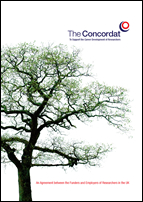 void the break in employment and career which might otherwise be faced by such staff;
void the break in employment and career which might otherwise be faced by such staff;
(c) maximise the opportunity for such staff to produce high-quality outputs and/or research impact at the end of funded contracts/grants.
The Scheme has recently been updated to:
- Increase the potential bridging period to a maximum of six month in exceptional cases (from the max of three months as it is currently).
- Update the application criteria so that applications will only be considered when one of the following conditions has been met at the point of application:
-
-
-
-
- Sufficient external funding has been secured to retain the researcher but there is an unavoidable gap (usually up to three months, but up to six months can be considered) between funding.
- The researcher is named on a submitted application for research funding and the decision is pending with an outcome expected before the end of the bridging period.
-
-
-
To find out more about the scheme, including how to apply for bridging funding, see the scheme guidelines.
The Bridging Fund Scheme is an action from our Athena SWAN action plan (which aims to create a more gender inclusive culture at BU) and our EC HR Excellence in Research Award (which aims to increase BU’s alignment with the national Concordat to Support the Career Development of Researchers).
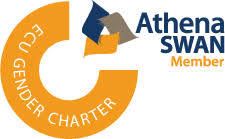 In the
In the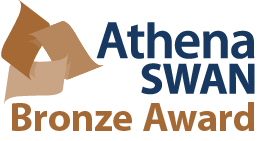 In the
In the 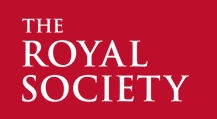

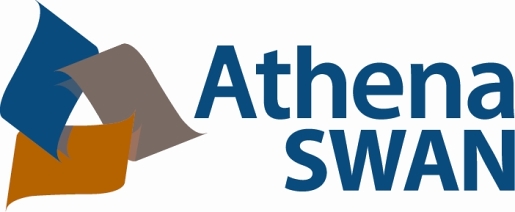











 Beyond Academia: Exploring Career Options for Early Career Researchers – Online Workshop
Beyond Academia: Exploring Career Options for Early Career Researchers – Online Workshop UKCGE Recognised Research Supervision Programme: Deadline Approaching
UKCGE Recognised Research Supervision Programme: Deadline Approaching SPROUT: From Sustainable Research to Sustainable Research Lives
SPROUT: From Sustainable Research to Sustainable Research Lives BRIAN upgrade and new look
BRIAN upgrade and new look Seeing the fruits of your labour in Bangladesh
Seeing the fruits of your labour in Bangladesh ECR Funding Open Call: Research Culture & Community Grant – Apply now
ECR Funding Open Call: Research Culture & Community Grant – Apply now ECR Funding Open Call: Research Culture & Community Grant – Application Deadline Friday 12 December
ECR Funding Open Call: Research Culture & Community Grant – Application Deadline Friday 12 December MSCA Postdoctoral Fellowships 2025 Call
MSCA Postdoctoral Fellowships 2025 Call ERC Advanced Grant 2025 Webinar
ERC Advanced Grant 2025 Webinar Update on UKRO services
Update on UKRO services European research project exploring use of ‘virtual twins’ to better manage metabolic associated fatty liver disease
European research project exploring use of ‘virtual twins’ to better manage metabolic associated fatty liver disease